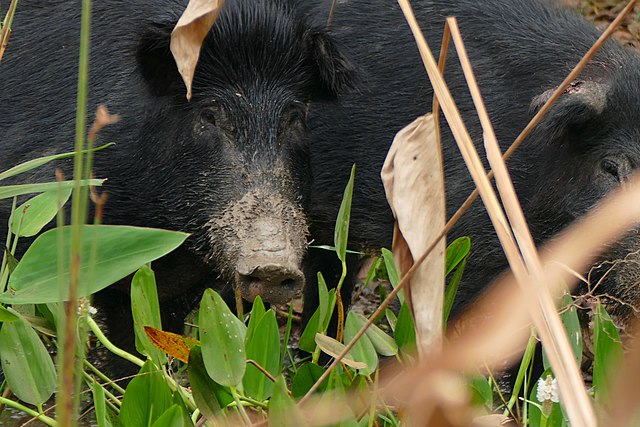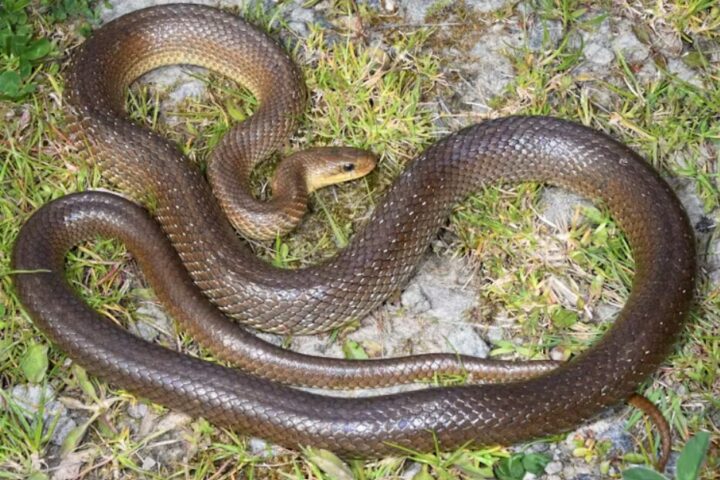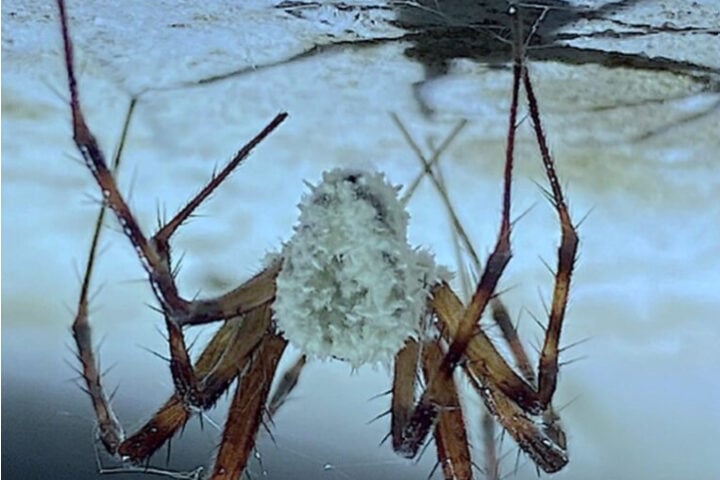A group of eight feral pigs, believed to have been illegally released in Scotland’s Cairngorms National Park, has been captured and humanely culled, Forestry and Land Scotland (FLS) confirmed. The incident marks the second unauthorized wildlife release in the area within the same timeframe.
The pigs were first spotted near Uath Lochans, a woodland area near Kingussie, about five miles from where four lynx were illegally abandoned recently. Park rangers quickly responded to contain potential environmental and agricultural risks.
“This appears to be a reckless and illegal act which demonstrates a total disregard for both animal welfare and the wider environment,” said Ross Ewing, director of moorland at Scottish Land & Estates (SLE).
The operation to capture the pigs involved strategic planning. FLS teams used a trail of maize to guide them into a designated 20-hectare field. Following expert advice from veterinarians and Police Scotland, and considering the animals’ non-native status and potential impacts on local ecosystems, the pigs were humanely culled.
Similar Posts:
Robert MacDonald, chair of the Cairngorms Crofters and Farmers Community, expressed concern about what local farmers are calling “guerrilla rewilding.” He noted that feral pigs can damage fences, allowing livestock to escape, and their rooting behavior destroys pasture and crops. “I am concerned that the Cairngorms is now seen as a dumping ground from any wild animal,” MacDonald stated.
The incident highlights broader challenges in managing Scotland’s feral pig population. While wild boar were native to Scotland, they became extinct roughly 700 years ago. Today, Scotland is thought to have a few thousand free-roaming feral pigs, including escaped farm animals and hybrids of wild boar and domestic pigs.
Tom Cameron, FLS’s north region area wildlife manager, emphasized the importance of controlled management: “We don’t know their origin or whether there is the potential for them to spread any disease across domesticated livestock in the area.”
The case has sparked discussions about wildlife management in Scotland’s national parks. While some view unauthorized releases as environmental activism, land managers and authorities stress the need for planned, scientific approaches to species reintroduction that consider both ecological impact and local community needs.
The incident remains under investigation, with authorities encouraging anyone with information to contact Police Scotland. Meanwhile, the three surviving lynx from last month’s illegal release are being cared for at Edinburgh Zoo, though details about their condition remain private to assist the ongoing investigation.


















